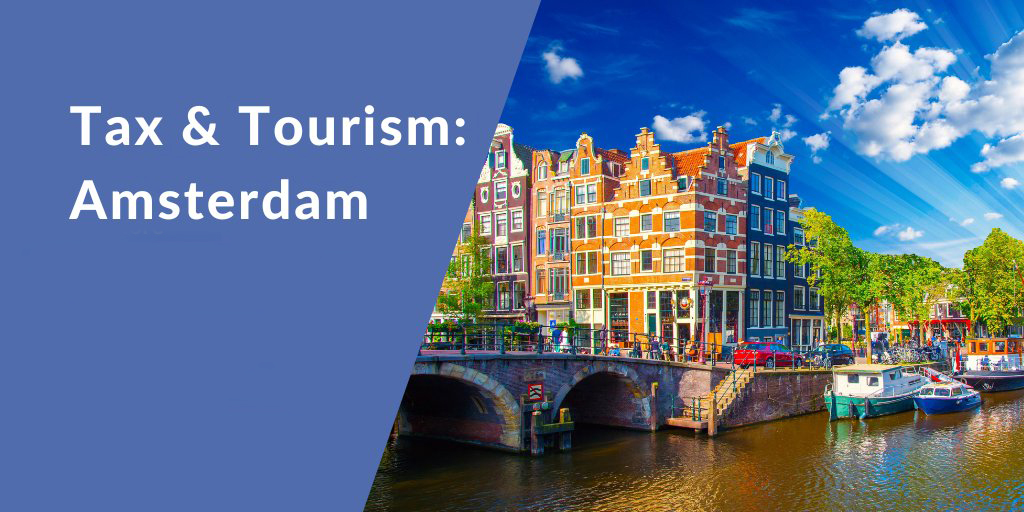“We will continue to support local stakeholders in building a private sector consensus on what steps might bring about more collaborative approach to tourism strategy in the city. At present, the situation resembles an abusive relationship with money welcome, people not: this is unsustainable.” says EOTA.
The city of Amsterdam published tax rises far above what had originally been budgeted in September, “consolidating its reputation as Europe’s heaviest local tax collector in the visitor economy”, says European Tourism Association (ETOA).
New tax rates starting from 1 January 2024:
- VMR (an entertainment tax applicable to canal cruises): up two-thirds to 2.5 euros (2023 1.5 euros. Original budgeted increase of one third to 2 euros)
- Day tax (applicable to sea and river cruise stop-over passengers): up 75% to 14 euros (2023 8 euros. Original budgeted increase of over a third to 11 euros)
- Tax on overnight stays will increase to 12.5% (this replaces the 7% plus 3 euros hybrid model).
“Uprating budgets agreed in September further reinforces the suggestion that Amsterdam’s current political leadership is hostile to tourism and financially opportunistic. Adverse impact on local suppliers and international leisure and MICE buyers who have already sold 2024 product, is clear.
If the move does have a deterrent effect – for example more hotel overnights booked outside the city – it is likely this would be presented as a ‘win’, though that is irrational as hotel capacity within the city is increasing, and day-trip excursions to Amsterdam would increase.”
ETOA’s lobbying position is:
- Tax is inflationary and affects competitiveness. Note should be taken of cumulative effect of local taxes on competitiveness in any given country.
- There should be reciprocity; while not all revenue might be allocated to services and infrastructure that visitors may use, most should. Related transparency and monitoring is good practice. For example, the Balearic Islands have published a website which details the projects funded by their tourism tax.
- There should be sufficient notice of any change (especially if above inflation), preferably 18-24 months, given industry’s product budget cycle. Anything under 12 months is certain to give rise to costs that industry cannot pass on. Thus, in effect it is the tour operator’s margin that is taxed.
- Consultation should be sufficiently wide and carried out with real intent to find a solution that addresses the stated problem.
- Any such tax should be easy to pay, collect and remit by visitors and commercial accommodation providers.
Theodore is the Co-Founder and Managing Editor of TravelDailyNews Media Network; his responsibilities include business development and planning for TravelDailyNews long-term opportunities.

































































































































































































